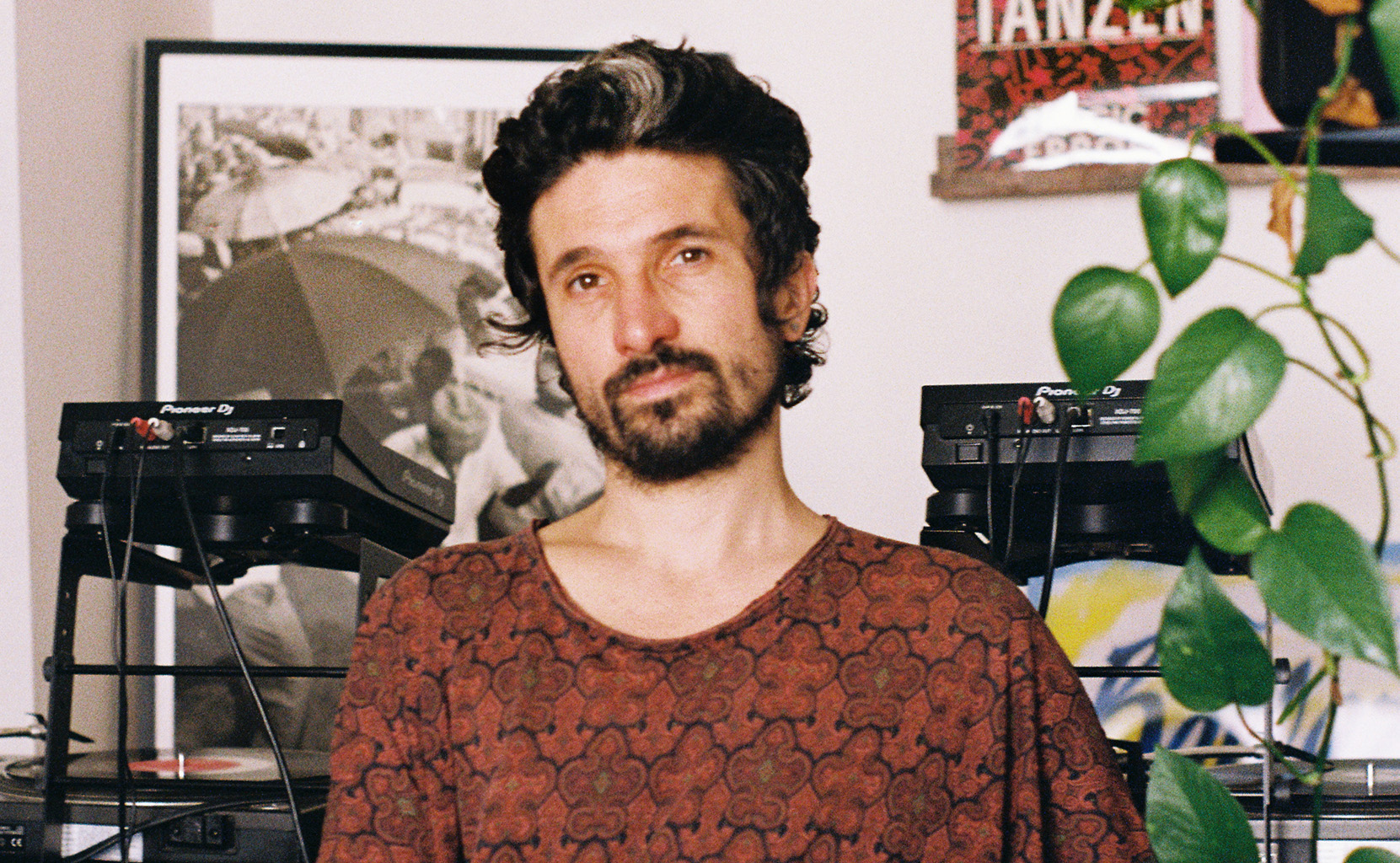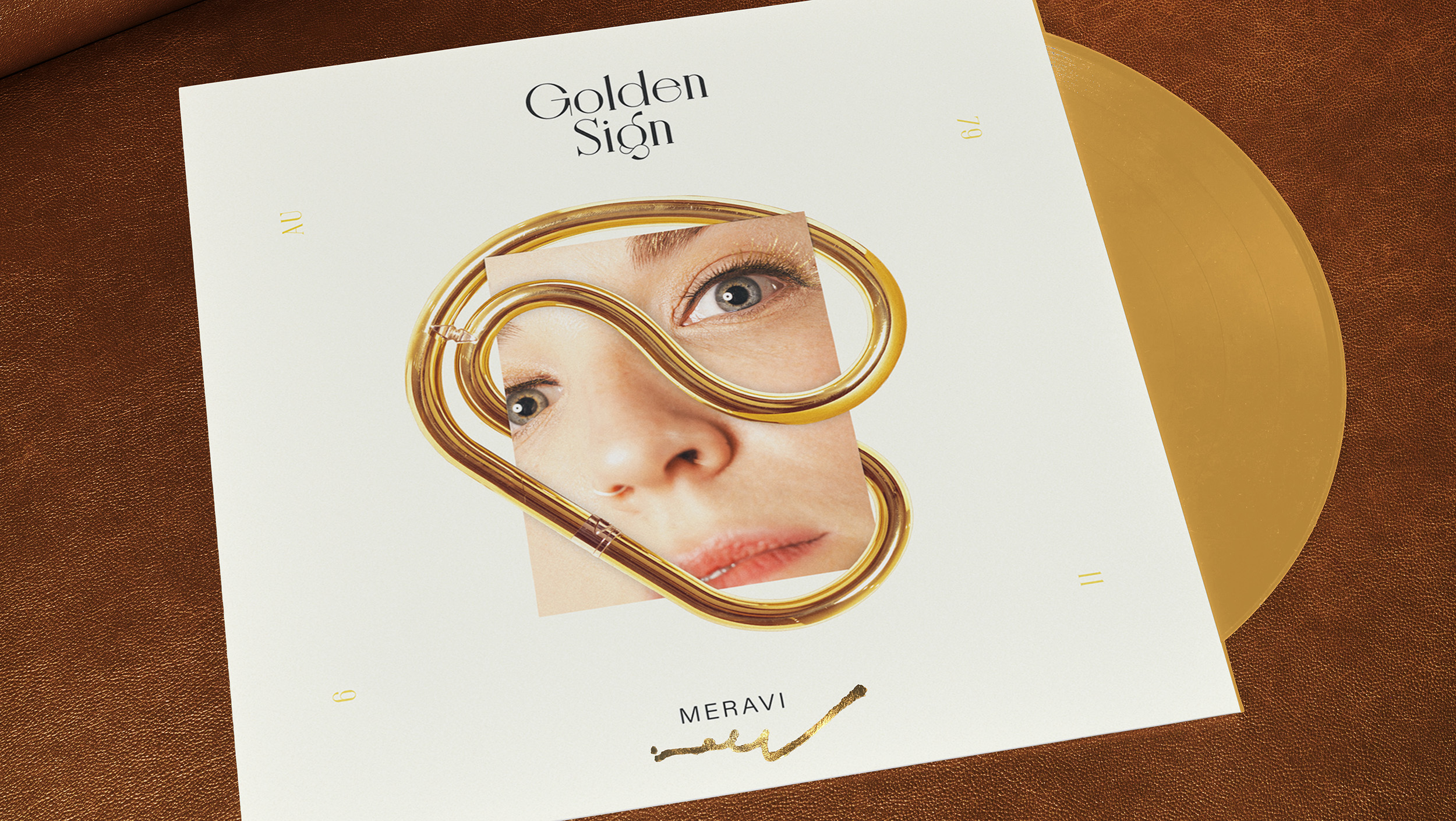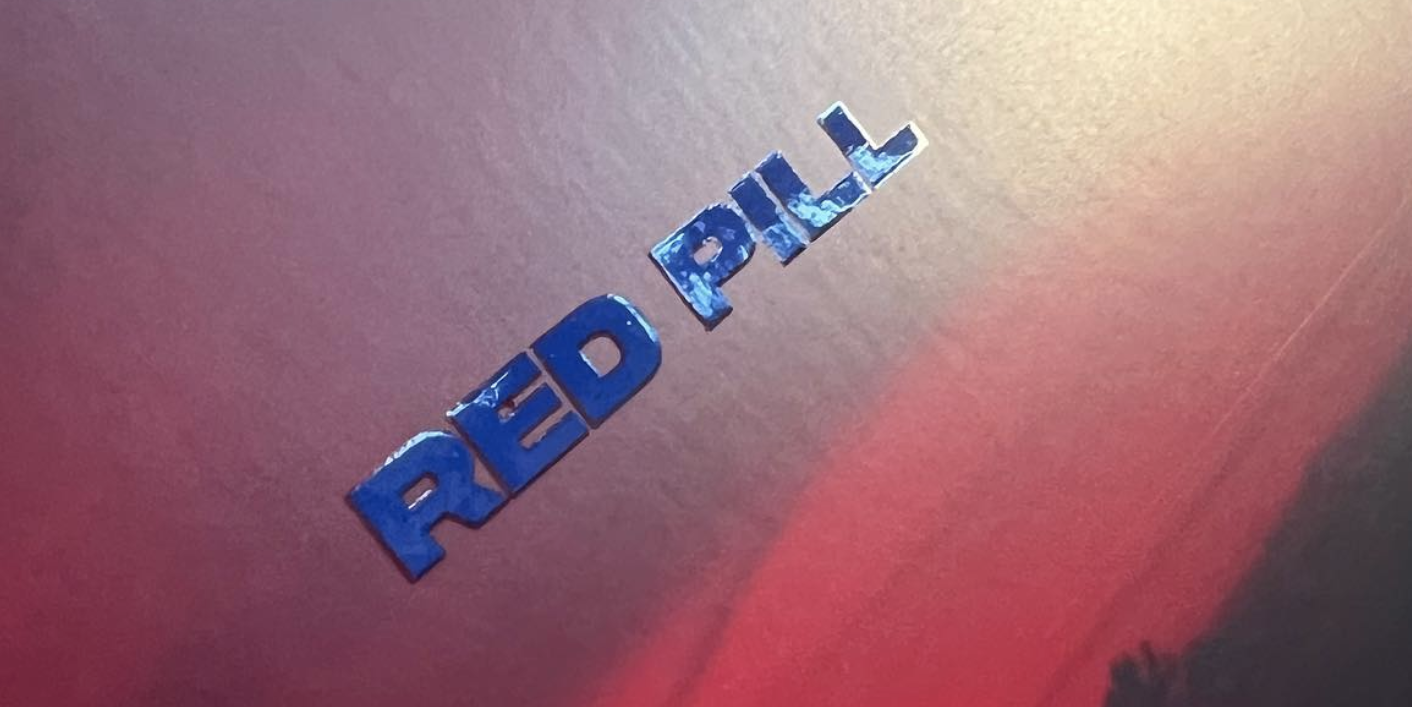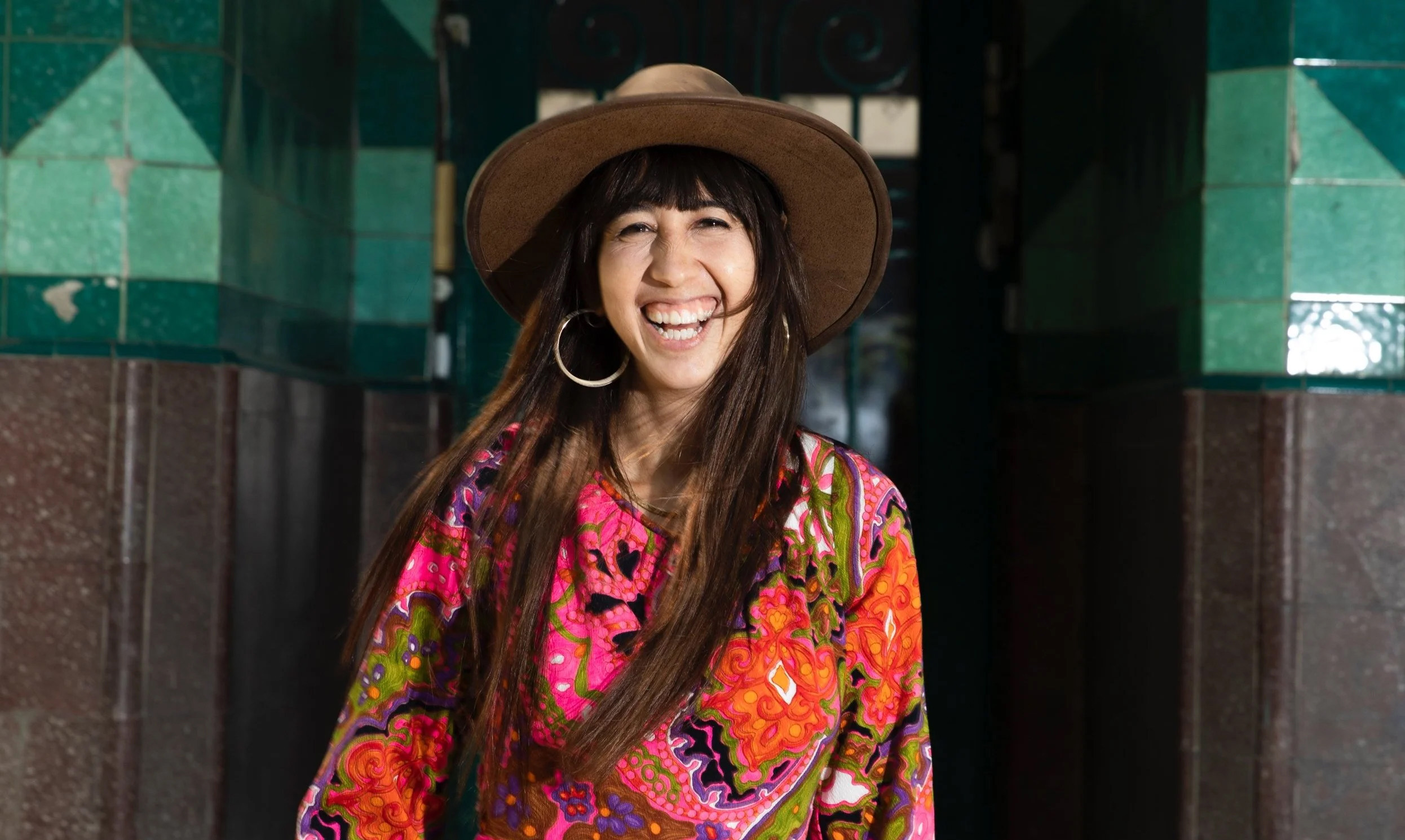
Elevate Your EPK: Expert Tips from Allie Silver
Allie Silver, founder of Free Radical Productions, is a music industry leader recognized by Symphonic Distribution as a “Women In The Music Biz You Should Definitely Know.”
With nearly 20 years of experience, she has managed international tours across 37+ countries, curated global events, and worked with major festivals like Waking Life and Bucht der Träumer.
Her Band Therapy program helps artists develop global career strategies. Previously, she managed ZZK Records and hosted radio shows for Chicago World Music Festival and Norwegian Public Radio.
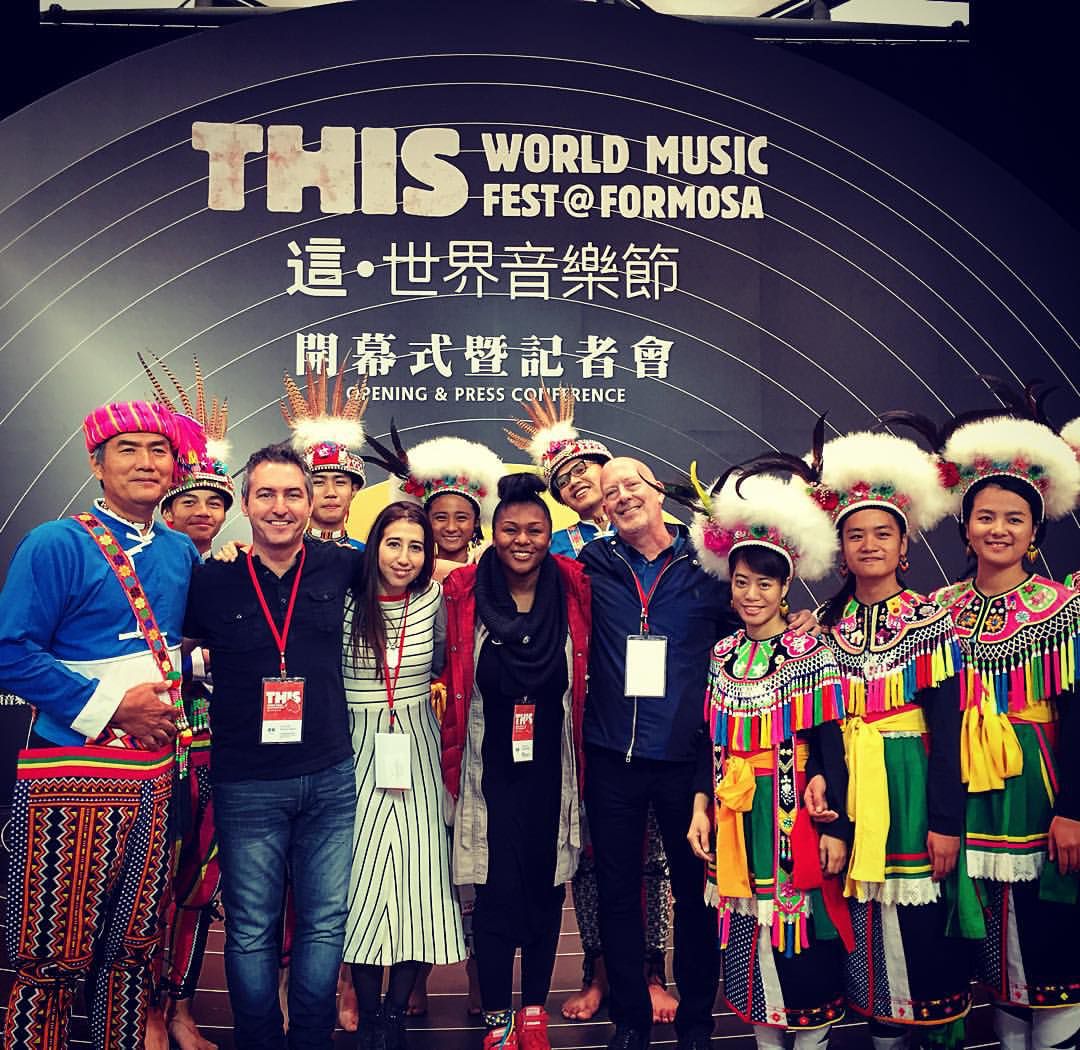
GENERAL INSIGHTS
// From your experience, what are the most common mistakes artists make when creating an EPK?
Allie: For me, the most important thing that most artists leave out is not only do I need to know what it is you do, but I need to know what is it that makes it unique to you.
So for example, I was just working with some artists last night on an EPK where they were talking about how they do Latin American electronic with live vocals. And it makes me think, how many artists do I know doing that? I could think of hundreds, you know, however, no, I’m sure there are many more out there. So it’s really important that in the bio you don’t just say what it is you do, but you speak about why it’s unique, and why I should read that bio.
And it should only be able to be you and your group. What spin do you put on it? What is your perspective that makes your project completely unique to you?
// How has the role of the EPK evolved in the music industry over the past few years?
Allie: Just from my experience, so much is digital. You know, everything is more and more and more digital, so really the EPK, it’s, I wouldn’t say that it itself has evolved so much, but it’s just really become the most important way to share your project professionally, and so obviously with every artist it’s different how they make it. There’s no definition.
I have my way of doing it that I prefer, but all artists like to do it in different ways. I think that over time it probably has become shorter because also our attention spans are much shorter, but I’m always up for making things concise in all of the ways.
I think that it is definitely like grown in importance because there isn’t as much pitching in person. Sending your information out digitally to promoters as an independent artist or your manager sending it for you has become more and more the way people get business done, so I think it’s become really the foremost way to communicate the important information about your project.
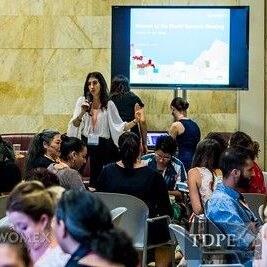
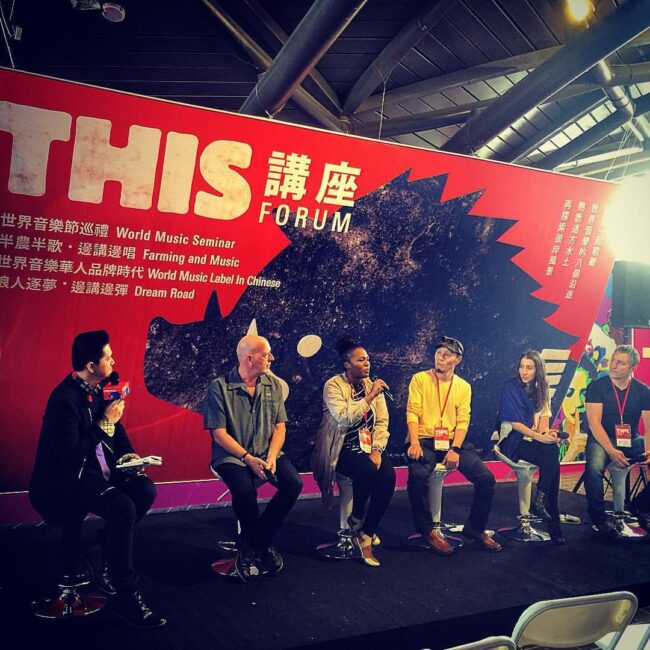
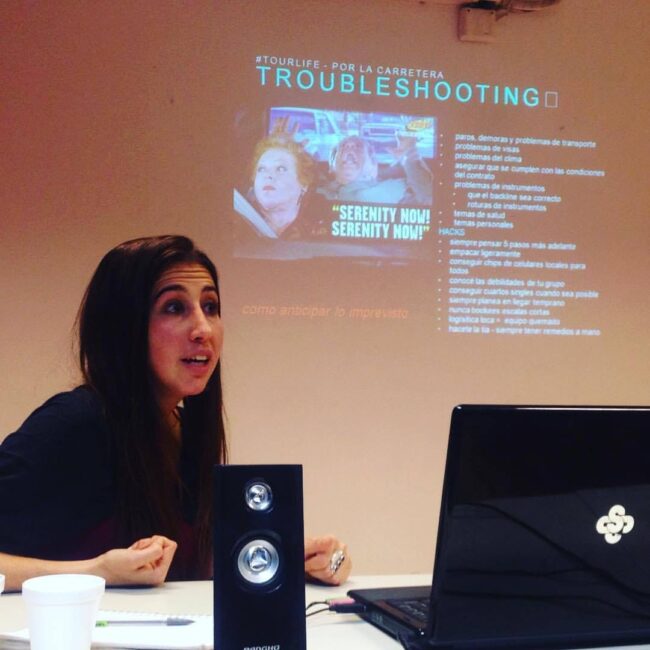
// What separates a ‘good’ EPK from a ‘great’ one?
Allie: I think what separates a good EPK from a great one is a strong bio, and I think also the photos. Never underestimate the power of a great photo. I think that many artists just take press photos and they’re like, cool, it should be a photo where I look nice and have a nice outfit. But what is really important about a press photo for an artist is that I should be able to look at that photo and from that photo, I should be able to hear what the music sounds like.
The visual representation of your project should really reflect the project and its integrity. So if a project is loud and colorful and sassy and fun and has personality, it should reflect that. If it is a project that’s more emotional, maybe more sepia tones, maybe not so much color, maybe more introverted. It’s really important that the photo isn’t just like, cool, a great photographer took a nice photo of us, but it is really fully representing the project.
The mission of the photos that you share in your EPK and also your press photos should be to make the observer feel like they can hear your music from just looking at this photo without hearing anything.
BRANDING AND STORYTELLING
// How crucial is an artist’s brand identity when crafting an EPK?
Allie: It is the most important thing. THAT is the thing, you know, like for me, the whole point of an EPK is to not just to be like “This is an artist. They play this type of music. Here is a link to it.” It’s really showing the uniqueness as if you wanna get to know a person.
Through the EPK, through the visual images, through the biography, through your visual presentation, I should be able to see who you are and what makes your project special. What is it that you are trying to express in your art? So the stronger the artist’s brand identity is, I think the stronger the EPK comes across in general.
// For artists promoting a new album or EP, how should their EPK reflect the project’s story?
Allie: So in terms of a new album or EP, to be honest, there are many, many ways to do this. I don’t believe that there’s like one standard way, where you always have to provide a press release for example. I tend to separate the EPK and the press release, which speaks specifically to a new release.
You can also sort of bundle it into the bio within the EPK, for example, if you have your EPK done and you wanna like add another paragraph that speaks specifically to your new release. But some people prefer to just have their EPK that they update when they need to. So the information is up to date and they send a separate press release for a specific release.
You can do it either way I think, as long as you have a good reason to do it in a certain way.
EPK ESSENTIALs
// Beyond the basics (bio, photos, music), what’s one underrated element an EPK should include?
Allie: I’ve already touched on this—but one exercise I found incredibly helpful was something a brilliant coach from Buenos Aires had me do years ago. She asked me to create a mood board of press photos I absolutely loved—whether on Pinterest, Instagram, or both. I saved images where I connected with every element: the lighting, the mood, the styling.
When we reviewed them together, she could instantly see which styles resonated with me. This made it so much easier to communicate my vision to a photographer later: ‘This is the aesthetic I love—this is what feels true to me.’ Even though I wasn’t working as a musician at the time, this exercise was invaluable for defining my visual identity. If you’re struggling to pin down your brand’s look, I highly recommend trying it!
TECHNICAL + PRACTICAL TIPS
// What’s your preferred way to structure and share an EPK (PDF, website, folder link) and why?
Allie: This is a good question. I hate getting folder links. Hate it. Not sexy! Many people do it and I get why they do it—everything’s in one place—but I want a beautiful PDF. It can be concise. Two, maybe three pages max, packed with stunning visuals and embedded links (rider, press photos, live videos).
When you say, ‘Check out my project,’ and just dump a folder link? That’s the least sexy, tempting, exciting thing ever. I want to be hit with your vibe immediately—bold photos, sharp text, a universe that screams ‘This is why I’m unforgettable.’
Put yourself in a booker’s shoes: Hundreds of emails daily. If you make them click through folders for an artist they don’t already know? You’ve lost.
// Do you recommend using EPK-building platforms (like Sonicbids), or is a DIY approach better?
Allie: I personally have never used an EPK building platform. I’ve just done it myself always in sort of working with artists on creating the content and then having them either design it themselves in Canva or with the help of a graphic designer. I haven’t used Sonic Bids, so I can’t speak to that, but I think whatever way you can get it done, you get it done.
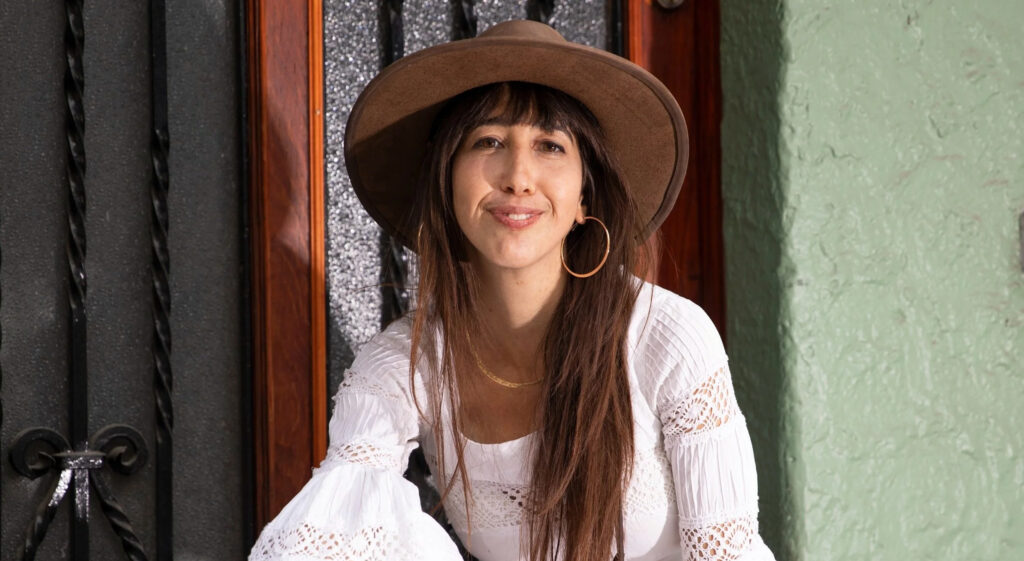
INDUSTRY PERSPECTIVES
// When pitching to venues, media, or labels, what’s the #1 thing they look for in an EPK?
Allie: I think the number one thing people look for in an EPK is what I’ve mentioned before: What’s unique about this project? What gives me that urgency—that reason to choose this over all the other EPKs flooding my inbox? There has to be excitement. It has to make me need to listen.
Remember that feeling back in the day when you’d see an amazing music video from an artist you loved, and you’d get that huge rush – like ‘OH MY GOD this is so good I need to send this to all my friends right now’? That’s the feeling you want your EPK to create. It should scream ‘this band is the most exciting, hottest shit ever – book them NOW.’
Not that you should actually say it like that – please don’t say it like that – but that excitement and urgency needs to come through. The ‘why this project is special and why you need to book them right now’ should be obvious, just packaged in a professional way.
// How do you adapt an EPK for different targets (e.g., journalists vs blogs vs. booking agents vs. sync licensing)?
Allie: I really don’t have to reinvent the wheel every time. I just use the same basic format, then personalize it for journalists or booking agents. Keep all the essentials in the EPK itself, and in your email message, add any specific details relevant to each person—anything that isn’t already in the standard EPK structure.
WORKSHOPS + ADVICE
// What’s the biggest ‘lightbulb moment’ artists have during your EPK workshops?
Allie: The biggest lightbulb moment? It connects to what we just discussed – how to talk about your project in a way that sells and excites. Here’s what shocks me: Ask most artists “What’s your music like?” and they’ll say “Well… it’s kinda this genre, kinda that genre… hard to describe…”
Let’s be blunt: You’re selling a product. Imagine pitching me a vacuum cleaner:
“Hey Allie, why’s this vacuum special?”
“Uh… it’s sorta like this model, sorta like that one… can’t really explain but it’s great!”
That’s no way to sell anything.
Yes, your art is your precious baby – but it’s also a product. Cut and dry. Say it with me: You are selling something. The faster you embrace that, the better.
Instead of “It’s Balkan Cumbia” (cool, so are 100 other bands), tell me:
“We fuse Balkan brass with Detroit techno – imagine if a Romanian wedding band raved in Berghain.”
That’s how you make me lean in.
// What’s your quick 3-step checklist for an artist reviewing their EPK before sending it out?
Allie: First, the bio needs to—like I said—really sell it. It has to be strong and concise.
Second—though I’m not sure if this fits neatly into a checklist—only include what’s most important. A lot of times, people write things like, “I trained at this conservatory, then I went here…” No—just the essentials. Keep it sharp and to the point.
Third, make sure all the basic info is there for people to follow up. That means all the relevant links: social media, website, email, SoundCloud, Spotify, Instagram, live videos—anything essential. Anyone reading should be able to see how you play live, understand your bio, get a sense of the band, and have every link they need to follow you.
// If an artist could only focus on improving ONE thing in their EPK, what would you suggest?
Allie: One key element in their EPK is definitely the bio. I think I’ve already explained this twice, but it’s the core—once you change that, you can transform everything just by shifting how you talk about your project in a more exciting and efficient way.
// Upcoming workshops
Don’t miss Allie’s upcoming workshops on how to create EPK’s that stand out!
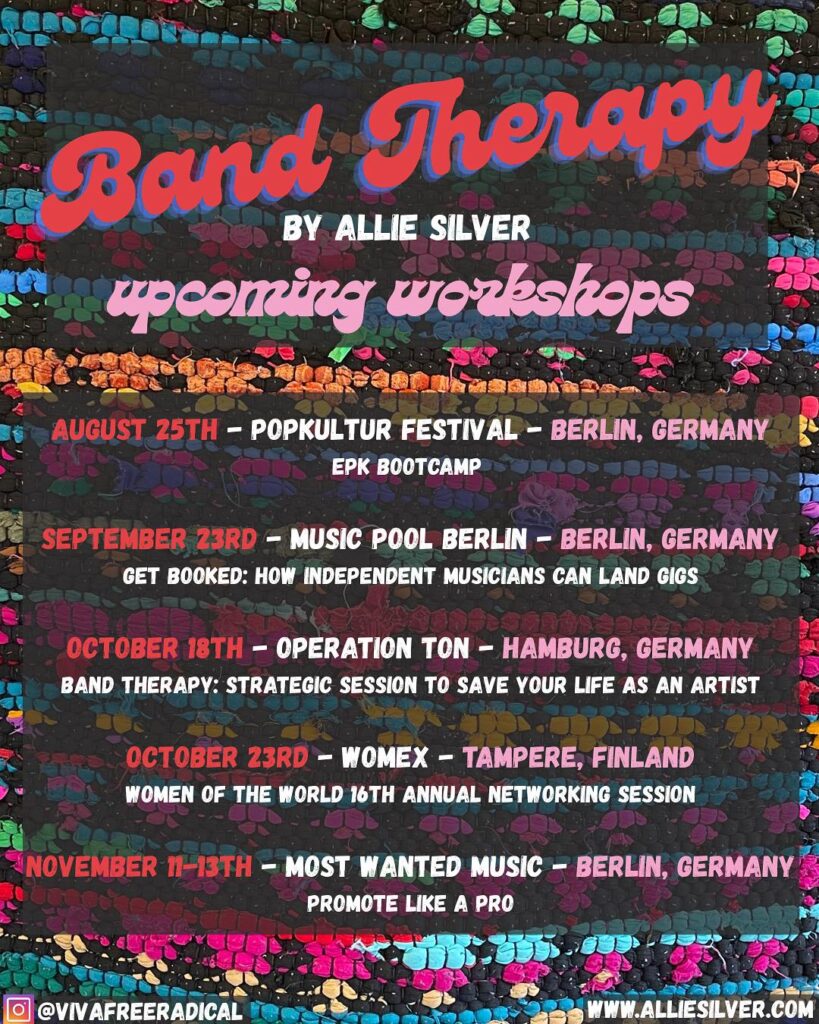
THE FUTURE OF EPKs
// Do you think video EPKs (e.g., short pitch videos) will replace traditional EPKs?
Allie: I think video EPKs are complementary—but you’ll always need a written bio. Video EPKs are helpful, but they can’t replace a bio. You still need something written for certain situations. Having both is ideal because they work together and strengthen your overall presentation. But you can’t just have a video EPK with no written bio—you’ll always need the text for various purposes.
// What’s your #1 prediction for how EPKs will change in the next 5 years?
Allie: Honestly, it’s hard to say for sure, but I can see a shift where more artists use their Instagram profiles as de facto EPKs. Think about it—highlight reels with live clips, press interviews, key career moments… all curated right there. Instagram’s already a heavy-hitting platform, so it makes sense for it to evolve into an all-in-one EPK.
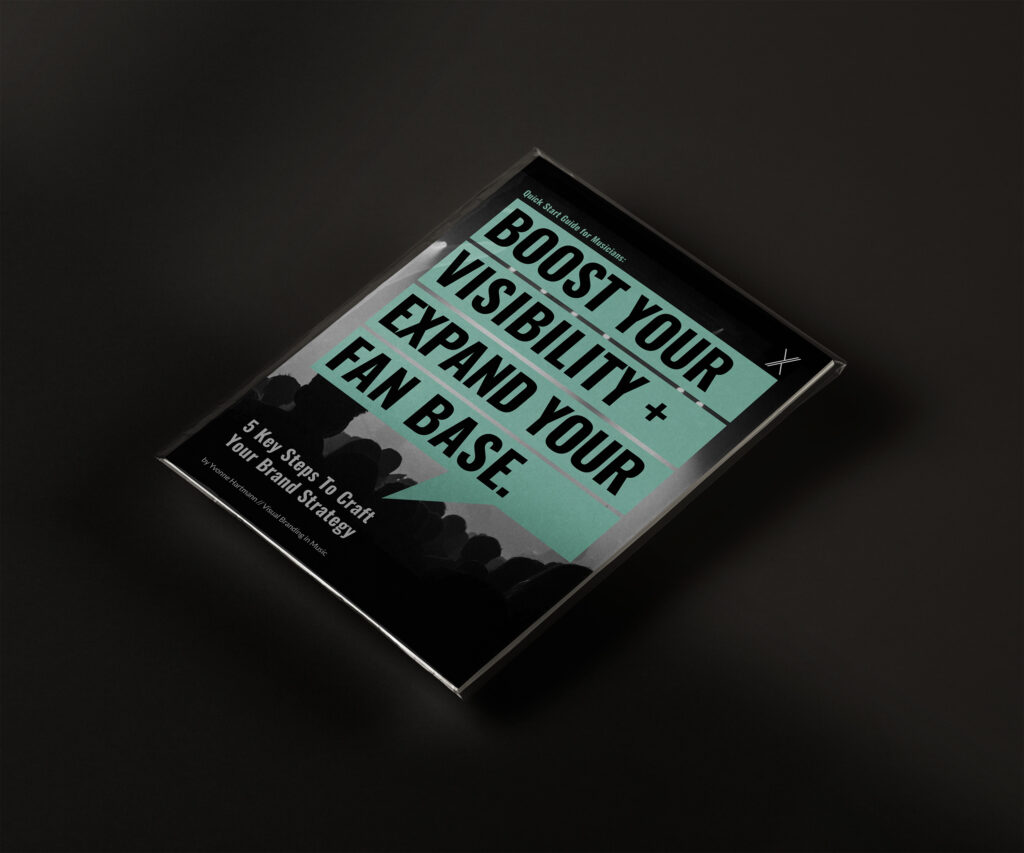
Want More Branding Secrets?
Stay Tuned & Level Up Your Music Career!
Loved these branding tips? There’s more where that came from! Get started today with my FREE guide: “5 Key Steps to Craft Your Brand Strategy”—plus, join my newsletter for fresh branding tips straight to your inbox.




